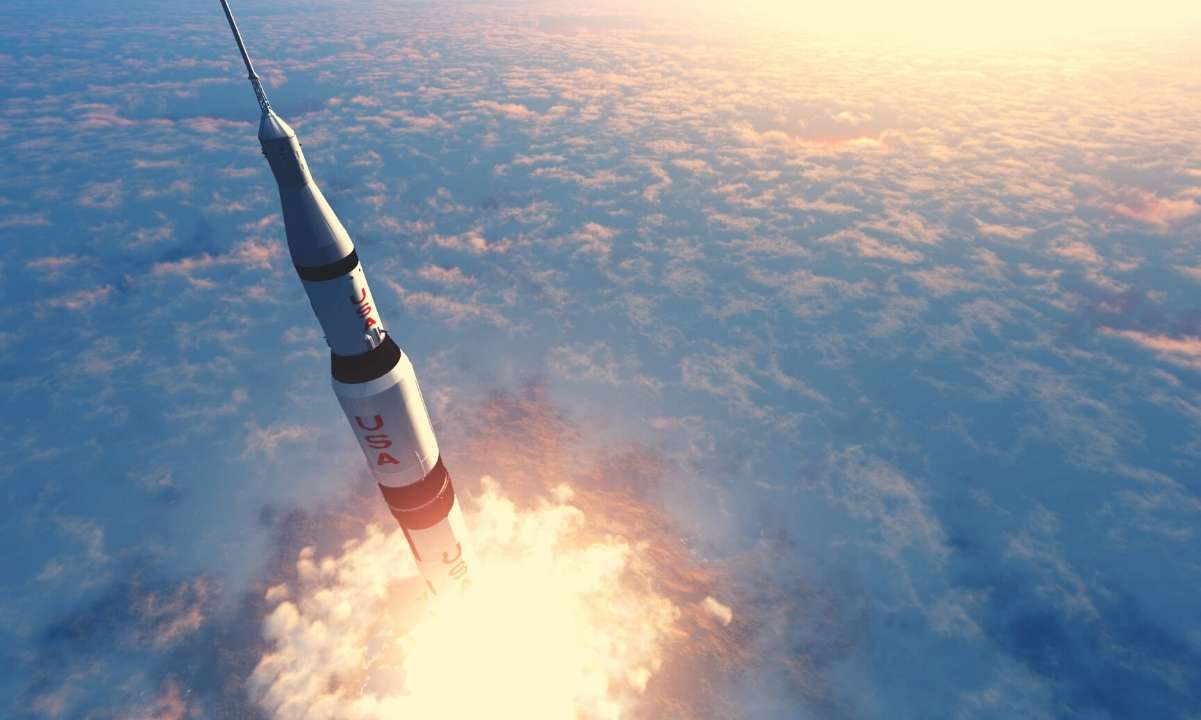[ad_1]
Texas Gov. Abbott said border security initiative has ‘cut in half the number of illegal border crossings’
WESLACO, Texas (Border Report) — On the one-year anniversary of his Operation Lone Star border security initiative Thursday, Texas Gov. Greg Abbott proclaimed it as a “success” in pushing back the cartel from the Texas border.
Abbott traveled to the Rio Grande Valley and held a roundtable discussion with 15 other high-ranking state and law enforcement officials at the South Texas regional headquarters of the Texas Department of Public Safety, which has been leading the efforts of Operation Lone Star for the past year along with the Texas Military Department, which oversees the Texas National Guard.
“Operation Lone Star and other law enforcement activities have now achieved meaningful levels of success in dealing with the influx coming across the border,” Abbott told reporters after the roundtable discussion, which was closed to the news media.

Abbott said during the past year law enforcement have seized 1,300 pounds of fentanyl — that’s 288 million “lethal doses” — made 12,100 criminal arrests and apprehended 211,800 migrants crossing the Texas border from Mexico illegally.
“They have shown in areas where Texas, working with local law enforcement, have been able to increase the personnel in certain border regions, such as the Rio Grande Valley region, and we’ve been able to cut in half the number of illegal border crossings,” Abbott said.
And as they begin the second year of this operation, Abbott added a new statistic to his border lexicon: turnbacks. He proudly touted that law enforcement has been able to turn back over 13,000 people who were trying to cross the border “and deny them entry into the country.”
It was just about a year ago when Abbott traveled to Anzalduas Park on the banks of the Rio Grande in Mission, Texas, where DPS troopers and National Guard troops lined up behind him as he announced the launch of Operation Lone Star.

Since then, over 10,000 National Guard troops have been surged to the border, including troops from other states like Arkansas, Florida, Iowa, Nebraska, Ohio and Tennessee, Abbott said.
Thousands of tactical vehicles and heavy equipment with “advanced optics” have also been sent to the border, Texas Adjutant General Tracy Norris said.
The operation includes razor wire and boat blockades along the Rio Grande.
And Texas also is building a section of state-funded border wall in Starr County, which Abbott came on Dec. 18 to show off.
It’s all part of what Abbott calls “super strategies to reduce the influx of people coming across into the state” to combat what he says is President Joe Biden’s “open-border policies.”

“Without the efforts of what we have put in the past year, there would be millions of deadly drugs on streets of Texas. There would be thousands more trafficking victims, there would be no response to ranches,” Abbott said.
DPS Director Steve McCraw says a combination of “barriers, bodies and technology” have been able to repel back drug cartel operatives and those trying to traffic migrants across the border.
“These are no-go zones for the cartel, period. They can’t operate in these particular areas,” McCraw said.
McCraw said four zones are completely secure and they are “working on the fifth.” He added they have “98 to go.”
Border Report asked DPS officials after the briefing to elaborate on the various zones and where they were located but was told that is “security information” that cannot be disclosed. However, we were told that three of the four secure regions are in the Rio Grande Valley of South Texas.
Brandon Judd, president of the National Border Patrol Council, said that the regional effects of so many troops stationed on the Texas border has resulted in drug cartel and human traffickers going farther west into parts of Arizona, instead.

“They’re being able to push the traffic out farther west. Arizona now is the area impacted most,” Judd said. “You start at the most troubled spot. Work your way out and that’s how you can secure the border and through Operation Lone Star we’re able to do that.”
But critics say through Operation Lone Star migrants are being charged in Texas with criminal offenses in what should be misdemeanor charges for crossing the border illegally.
And there are concerns that National Guard troops aren’t treated or paid properly, and several troops have committed suicide.
In response to a question by Border Report, Abbott responded to the suicide deaths by saying they were increasing mental health resources like counseling for troops stationed on the border.
“Suicide is something as commander-in-chief I take very seriously,” Abbott said. “We are all committed to making sure that we provide mental health resources and personnel … in all the regions.”
“That said, the successes of Operation Lone Star are enormous,” Abbott said.
Sandra Sanchez can be reached at Ssanchez@borderreport.com
[ad_2]
Source link












